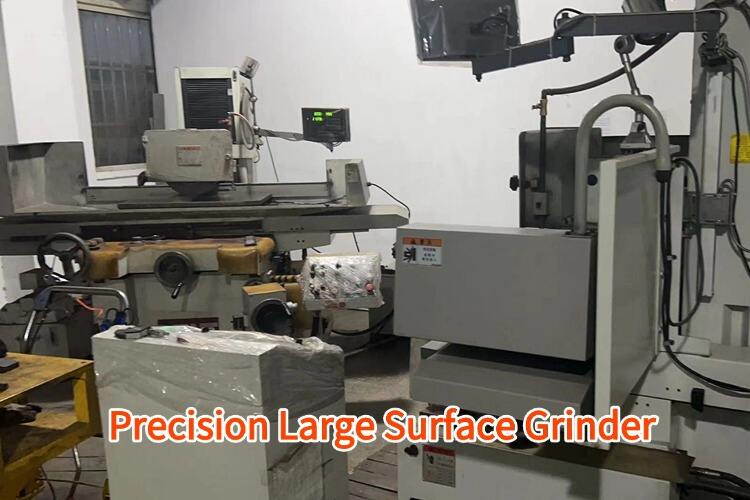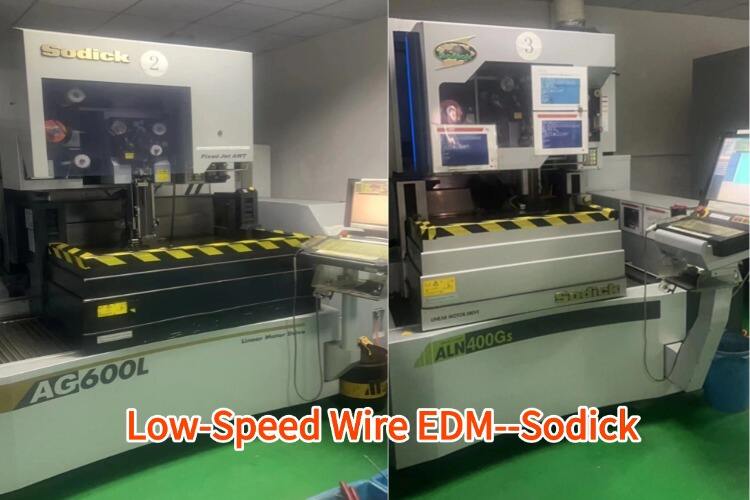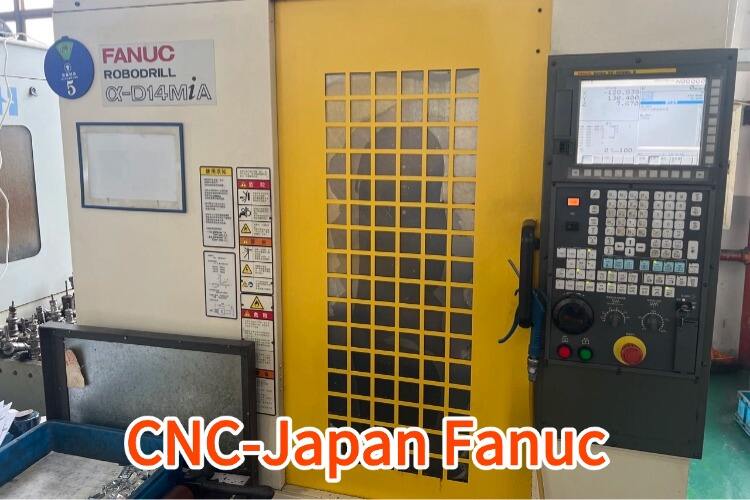abs acrylonitrile cnc processing
ABS Acrylonitrile CNC processing represents a cutting-edge manufacturing technique that combines the versatility of ABS (Acrylonitrile Butadiene Styrene) materials with precision CNC machining. This advanced process enables the creation of complex components with exceptional accuracy and consistency. The technology utilizes computer-controlled machinery to shape ABS materials, which are known for their excellent mechanical properties, including impact resistance and structural stability. The process involves sophisticated programming and multi-axis machining capabilities, allowing for intricate designs and tight tolerances. Modern CNC systems can achieve accuracy levels down to micrometers, making this process ideal for producing high-precision parts. The versatility of ABS acrylonitrile materials, coupled with CNC technology, enables manufacturers to create components for various industries, including automotive, electronics, consumer products, and medical devices. The process is particularly valuable for prototyping and small to medium production runs, offering quick turnaround times and consistent quality across batches.


